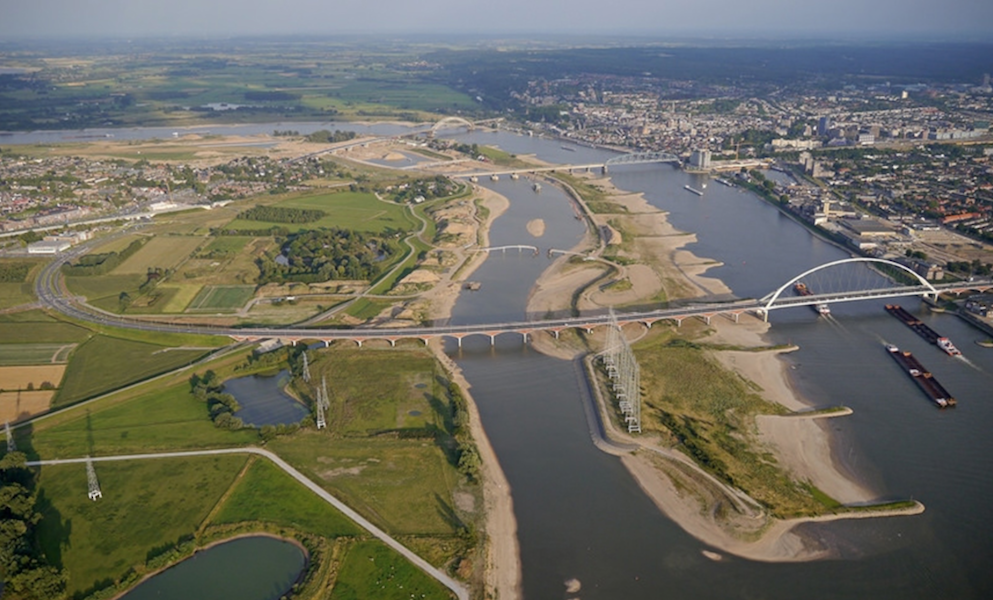 News / Slider / Webinars
News / Slider / Webinars
Video, summary, and presentations.
The Webinar took place on Tuesday 03 July 2018.
Typologies of climate services products
Background
When looking at the definition of “ Climate Services” many different products or services can be considered Climate Services, also many products that were not called climate services in earlier times. This complicates getting overview of what is developed and available in countries, in Europe or worldwide. It also complicates analysis of potential gaps between offered climate services and user requirements. Climate services can be grouped in many different ways: by sector, type of user (and requirements) focussed on, type of product delivered (e.g. basic climate data for the current climate, information on impacts of climate change, tools for visualisation of information), type of provider, etc. In several projects some distinction is made between various types of climate services (e.g. C3S, EU-MACS, Climate Knowledge Hub, ClimateAdapt). However, what typologies are most useful for users, for providers, to analyse potential gaps in available climate services? This webinar is meant to get some different views on what are useful typologies for climate services. After some short presentations we would like to discuss this further: How do potential users look for climate services and would this give useful criteria for a typology? What typologies do not work for users or providers?
Presenters
- Albert Klein Tank (Director of Met Office Hadley Centre for Climate Science and Services, Professor in Climate Services at Wageningen University, Netherlands)
- Maria Noguer (Climate Programme Manager at Institute for Environmental Analytics, University of Reading, led the SECTEUR project)
- Jörg Cortekar (Researcher at Climate Service Center, Germany (GERICS), involved in EU-MACS, MARCO and the Climate Knowledge Hub)
